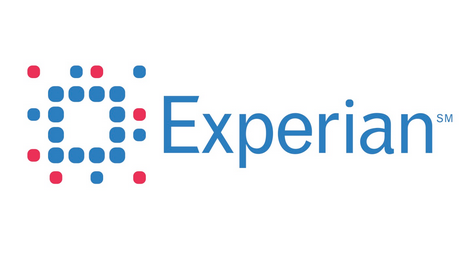
The Information Age transformed our way of life. It gives us new ways to communicate, have instant access to resources and the power to share information freely. Unfortunately the luxuries of this new age pose unique threats to consumers that were unconceivable in years past. It opens doors for thieves to capitalize on unsuspecting and innocent consumers. Fraud and identity theft is a booming business. Fraud and identity theft are important concerns for people today. Understanding the tools available to help you prevent fraud and recover from it can help you reduce concerns about your personal information being compromised.
![How to dispute items on your Experian credit report [Infographic]](https://stg1.experian.com/blogs/news/wp-content/uploads/default-post-image.png)
More than 20 years ago, Experian became the first credit bureau to create a consumer education program. We started the program because we wanted to arm consumers with the right information and resources to help them understand the fundamentals of credit management and the benefits of having good credit.
![How to check your credit report [Infographic]](https://stg1.experian.com/blogs/news/wp-content/uploads/default-post-image.png)
Getting a copy of your credit report is the easiest first step to take control of your finances. A personal credit report contains details about your financial behavior and identification information. It is an easy-to-read summary of your credit accounts and total debt—both existing balances and available limits. Under federal law you are entitled to a copy of your credit report every twelve months. To obtain your credit report go to www.annualcreditreport.com.

Did you know that April is the official month for promoting financial literacy? Being aware of your credit and where you stand is important all year long, but the next 30 days will be dedicated specifically to educating consumers on all aspects of personal finance from managing your credit, paying off debt and saving for your first home or child’s secondary education to how to invest and plan well for retirement. We know how these topics can be overwhelming and intimidating. It’s one of the reasons that our weekly #CreditChat on twitter and Ask Experian column focuses on these subjects all year round. We want to give consumers the right resources and access to experts in an effort to help consumers change their financial behavior – that is part of our commitment. Join us all month long in our special Google+ hangouts, tweet chats (#CreditChat), and visit our blog for some exciting new resources created just for you!

 It’s no surprise that cybercrime and data breaches are hot topics for media and bloggers these days.
Unfortunately, because of all the attention paid to these topics, we’ve seen some inaccurate information about Experian circulating in news outlets and other Web sites.
I want to take a moment to clarify the facts and events, including Experian’s involvement in the case involving Court Ventures, a company that collects and aggregates information from public records; US Info Search, a company that provides location and other data for people and companies; and a criminal named Hieu Minh Ngo.
It’s no surprise that cybercrime and data breaches are hot topics for media and bloggers these days.
Unfortunately, because of all the attention paid to these topics, we’ve seen some inaccurate information about Experian circulating in news outlets and other Web sites.
I want to take a moment to clarify the facts and events, including Experian’s involvement in the case involving Court Ventures, a company that collects and aggregates information from public records; US Info Search, a company that provides location and other data for people and companies; and a criminal named Hieu Minh Ngo.

Santander, one of the UK's leading providers of current accounts, mortgages, loans and savings products, has signed a five year contract for the deployment of Experian’s Originations and Customer Management products on their PowerCurve™ platform, to support its customer acquisitions and portfolio monitoring processes. The PowerCurve Originations and PowerCurve Customer Management solutions will help Santander support customer acquisitions and portfolio review processes across their retail and business banking products The PowerCurve platform allows Santander the ability to create unique profiles for each of its customers, encompassing each customer’s entire relationship with the business. This includes scores and metrics for risk, affordability, profitability, propensity to pay and lifetime value. Mark Staveley, Chief Credit Officer at Santander UK, comments: "The ability to share strategies across products, portfolios and lifecycle stages was pivotal to our software selection and partner of choice. We were looking for a partner with proven experience of delivering highly complex, large scale credit risk infrastructure projects under demanding timescales, and to work in an integrated manner with the business. We selected Experian because of the business’ ability to meet our requirements and experience in undertaking platform hosting solutions." You can read the full Santander press release here: http://bit.ly/1jDyHYR


